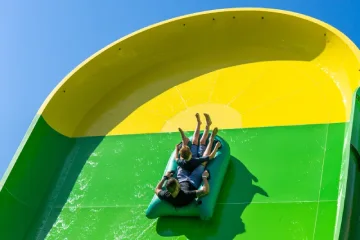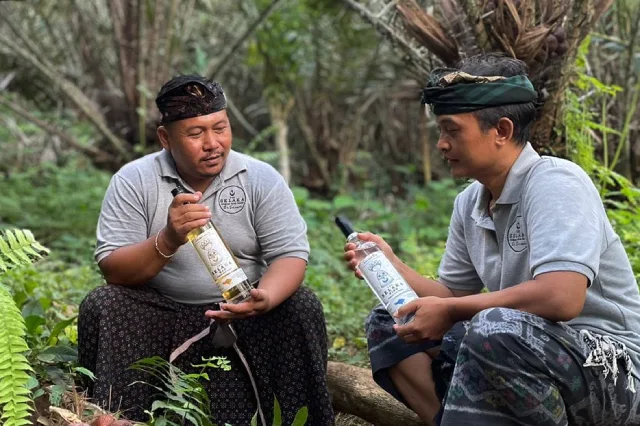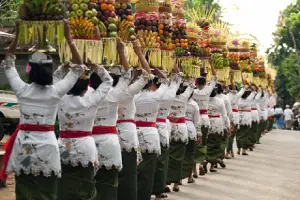Gunung Kawi Temple
This unique and truly impressive temple complex from the 11th century comprises 10 rock-cut candi (shrines). They stand in 7-meter-high (23 ft) sheltered niches carved into the cliff face. The monuments are dedicated to King Anak Wungsu of the Udayana dynasty and his favorite queens.
General Information
This temple complex is thought to be the burial complex of King Anak Wungsu and his wives and favorite concubines. The area is quite large and you can walk around quite freely. So take your time and feel into this ancient and beautiful place. If you are lucky, you will see a ceremony or women preparing offerings. Gunung Kawi is still used today for ritual ceremonies. The complex is considered one of the oldest temples in Bali, with its origins dating back to the times before the kingdom of Majapahit.
Location & Setting
The Gunung Kawi complex is located in Bali’s region of Tampaksiring, about 20km northeast of Ubud. The temple is only about 2 kilometers away from Tirta Empul. If you are physically fit, you could visit both. To get to the temple and shrines, you need to descend 371 stone steps, leading you through a beautiful Balinese sawa (rice fields) to the Pakerisan river. Four shrines are located on the west side of the river, five on the east side, and the tenth is in the south.
Good to Know
Take your sarong with you. If you forget, you can borrow one at the entrance. You need to walk almost 1 km to reach the temple. The walk is beautiful but not easy. Going down is one thing, but getting back up is another, particularly in the hot and humid air of Bali. However, you will be rewarded for your effort. At the end of the staircase, you will see two pots filled with still water. If asked to wet your hair as part of a ritual, politely decline. The water may not be the most hygienic.
Ceremonies
Local women carry offerings on their heads to the shrines.
Ancient Monuments
The carved shrines are 7 meters tall. When standing in front of them, look around and imagine how this place appeared more than 1,000 years ago: no stairs, no land clearing, no pathways—only jungle, rocks, and a river deep down in the valley.
























